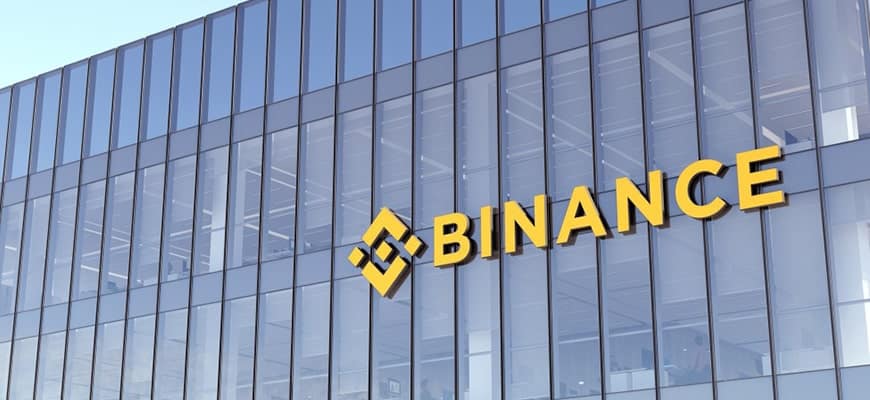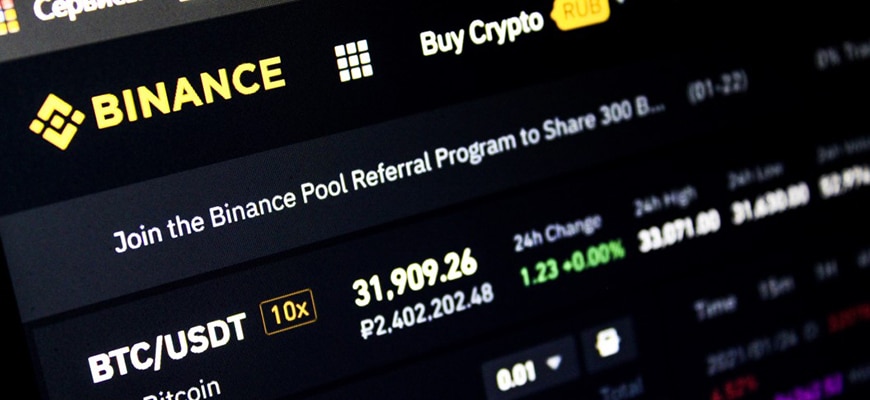Money Market is a financial market in which short-term lending or borrowing occurs.
What is the money market?
Money market is the term used to refer to all securities that are traded wholesale or retail and have a maturity of one year or less. Such securities typically include short-term commercial paper, banker’s acceptances, certificates of deposit, and repurchase agreements.
The money market is an important part of the financial system because it provides liquidity in the event of a sudden shortage of available funds. A lack of liquidity can create a crisis situation where people have difficulty obtaining short-term financing. The money market, therefore, plays a crucial role in keeping the economy functioning smoothly.
Types of money market instruments
A money market fund is an investment vehicle in which individual investors pool their money, usually by purchasing fund shares. The fund’s investments are made in high-quality, low-risk securities, such as government bonds and commercial paper. As a result, there is no guarantee as to the rate of return on your investment.
Generally, returns for money market funds are much lower than typical stock investments because they carry less risk. But money market funds typically have much higher – and safer – returns than bank accounts or certificates of deposit (CDs). In fact, money market funds don’t have FDIC insurance like CDs; instead, they are covered by Securities Investor Protection Corporation (SIPC) insurance. Money market bank accounts are bank accounts that offer some of the convenience of a checking account (ATM access, check writing), but with some additional benefits not normally associated with traditional checking accounts.
Money market account funds are similar to checking account funds. Money market accounts often have restrictions on how often you can write checks or withdraw funds from ATMs. These differences make money market accounts an attractive option for people who want to save money but don’t have enough money to meet the minimum balance requirements of traditional interest-bearing accounts such as certificates of deposit or savings accounts.
A certificate of deposit (CD) is a temporary deposit, meaning it is an investment that requires you to keep your money in an account for a certain period of time. The duration of a CD varies from three months to 10 years. The longer the term, the higher the interest rate. However, there is usually a trade-off between the interest rate and the term. For example, a six-month CD with a smaller deposit usually has a higher interest rate than a three-year CD with a larger deposit.








